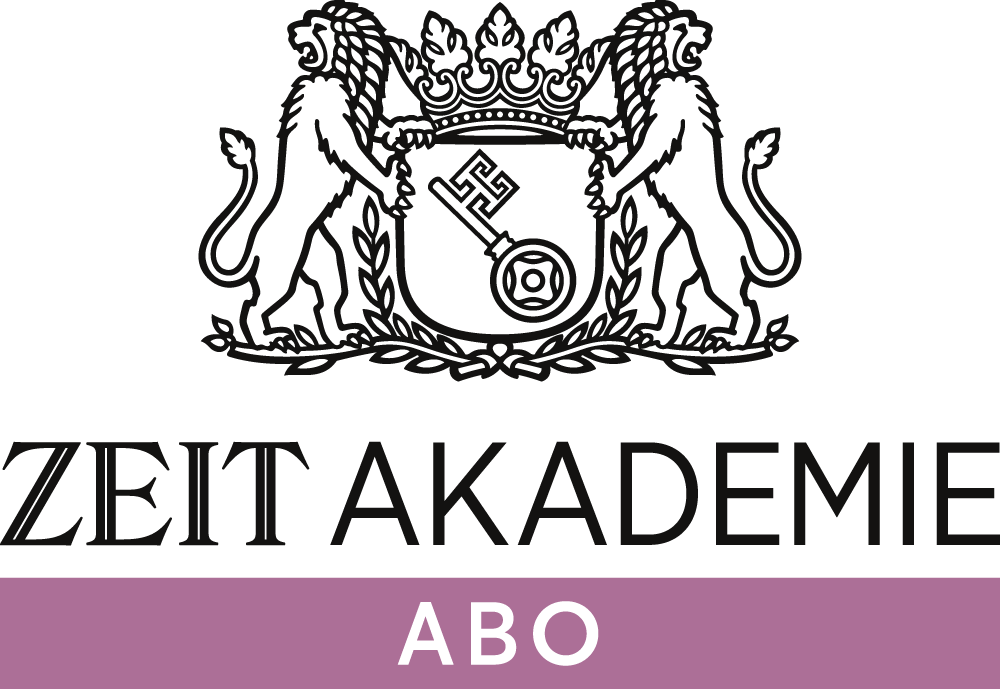... time. Creative solutions can help companies overcome small obstacles in a playful way. But even profound, seemingly impossible challenges can be tackled. All you need to do is train and enhance your potential. What is required for this is an open mindset—and also a willingness to experiment. In this video course, you'll learn how to easily train these skills in everyday life. Methods and tools from scientists will open your eyes to completely new experiences and possible approaches. Practical tips from creative professionals will provide you with fresh ideas and ways to implement them into your own creative process.
How does creativity work?
Everything we do revolves around producing something new and useful. The necessary qualities that come into play here include imagination, resourcefulness, creative power, ingenuity, and inventiveness. Generally, it is always a matter of context and the level of creative output. In the video course, business psychologist Jennifer Haase explains what it takes to produce a perceivably creative output. For this purpose, she takes a closer look at the processes that run in the background of the creativity concept. The expert presents a model that facilitates self-assessment and promotes creative abilities. A toolbox gives you access to five scientifically based methods for your individual day-to-day work routine as well as for collaboration within your team, which will help you to kick-start your own creative process.
Creative processes are already results in the digital space
Prof. Dr. Sascha Friesike explains why we are facing a paradigm shift. A professor of digital innovation design, he makes it clear that process and outcome are no longer separated in the digital space. Analog business models in particular will quickly reach their limits here. With useful tips for digital collaboration, the video course will help you successfully collaborate in a remote environment. The expert proves that boredom can be a way to counter cognitive overload and advises people to consciously spend time doing nothing more often.
The impact of emotions and stress on our brain
Just what exactly happens in our brain when we try to find a solution to a problem? When it comes to creativity, the field of brain research is still an emerging science. Still, neuroscientist Dr. Radwa Khalil has found that during any creative process, there are three networks in particular that become active in our brain, and they extend throughout the entire brain. This does away with the idea that one side of the brain is not any more creative than the other. In the video course, you will learn more about the impact emotions, rewards, fear or stress can have on your judgment. You will discover how the work environment within organizations can affect your individual creative performance.
Zoom into practice
Creative professionals share insights into their own personal creative processes. They provide tips and recommendations on how to conquer the »fear of a blank page«» or how to regain your motivation. Author Melanie Raabe, for example, is certain of the following: »The human brain is a social brain. So, what's crucial for creativity is human contact.« Read about our interesting conversations with data and science journalist Elena Erdmann, Executive Creative Director Oliver Handlos, reader in Hybrid and Participatory Pedagogy Dr. Silke Lange, bestselling author Melanie Raabe, AI expert Richard Socher, and Grandmaster of Memory Christiane Stenger.










